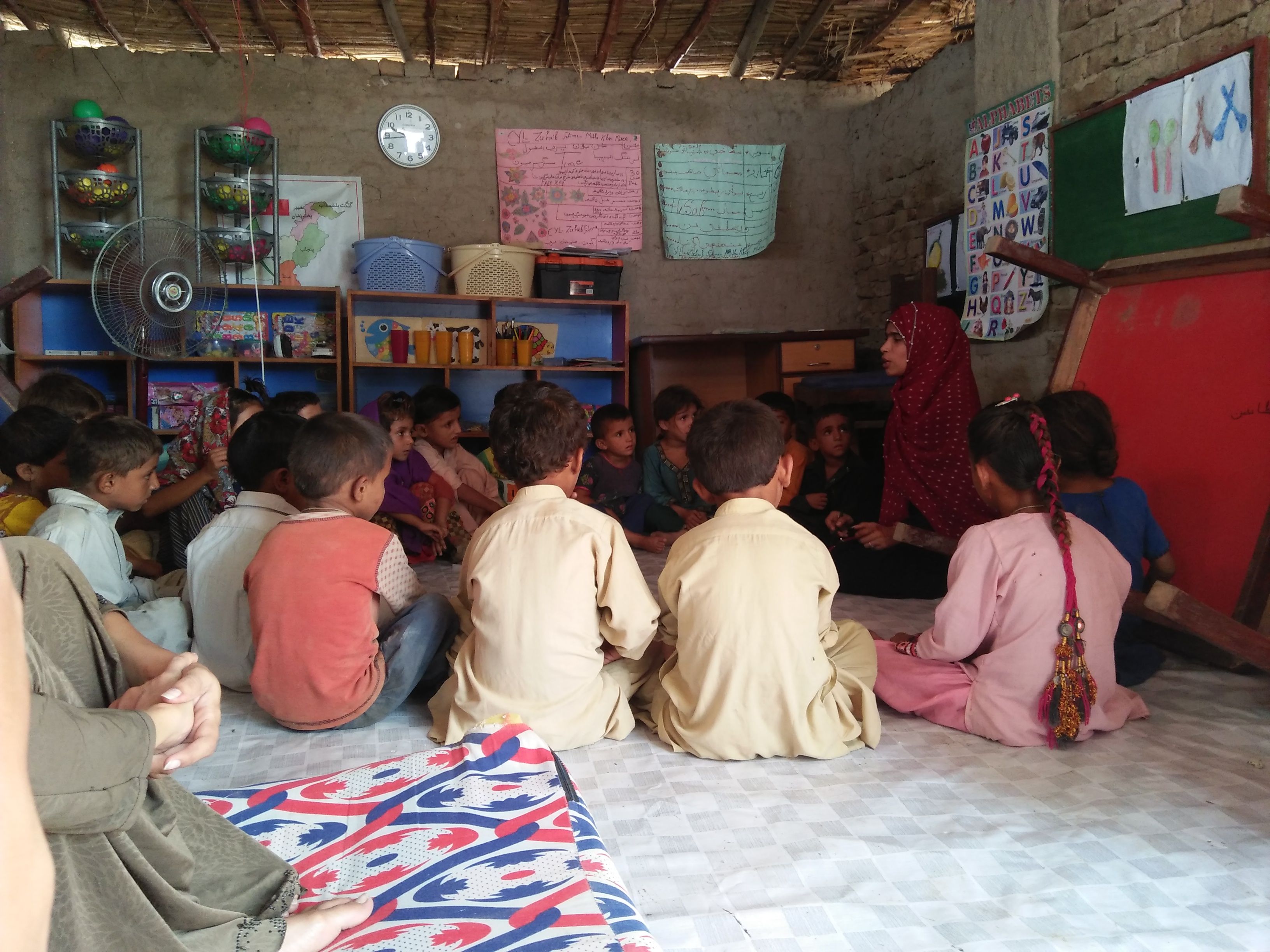Share Content
Article Link Copied
The opportunity of youth-led early childhood programs
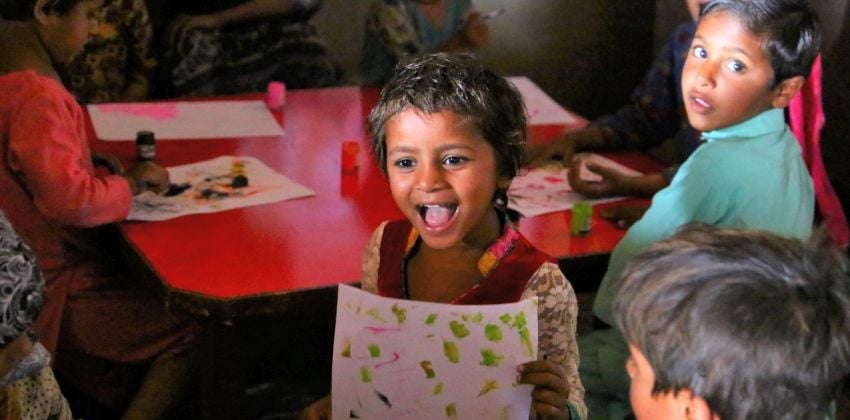
Angelica Ponguta, Jacobs Research Fellow, introduces LEAPS, a win-win program for children, youth, and sustainability.
In 2014 a landmark randomized controlled trial in Pakistan became one of the few large-scale studies demonstrating the feasibility, cost-effectiveness, and impacts of a nutrition and early stimulation program during the first 1000 days in a low-income country. The lead investigators observed that like in many countries around the world, the gains made very early in life where at risk of being lost. In part, this was due to the low access to quality early childhood development and education (ECDE) programs that would otherwise continuously offer children and their families enriched opportunities for early learning during a sensitive period of human development. Importantly, and according to an in-depth ethnographic characterization, they also noticed a significant presence of young women in the communities, with limited opportunities to work, education, and development. Together, these findings supported the exploration of a cross generational and life course approach to promote health and development approach to early childhood and youth development.
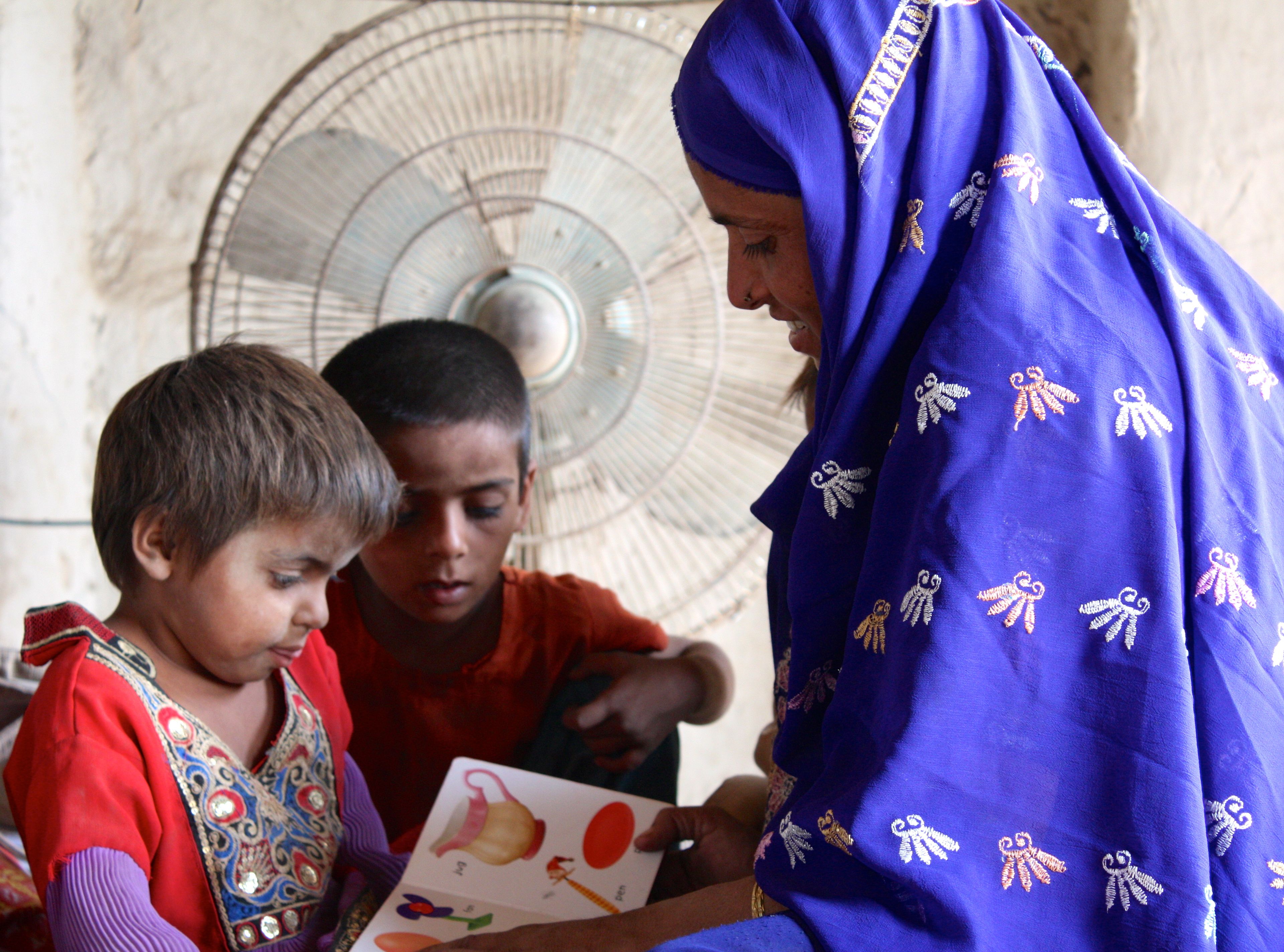
During the beginning stages of this venture our teams from Aga Khan, Harvard, and Yale Universities gathered in Marabach Castle, with the support of the Jacobs Foundation, to conduct a review of the literature of youth-led ECDE programs. We identified only a handful of well-documented cross generational models around the world. This suggested that we were on a largely unexplored territory and on track to addressing a great opportunity lost in the global context.
The inception of the Youth Leaders for Early Childhood Assuring Children are Prepared for School (LEAPS) Program
With the support of Grand Challenges Canada and UNICEF, and alongside Pakistan’s National Commission for Human Development, we piloted the LEAPS program. LEAPS is a cross-generational strategy to promote learning and development for young children (3-6 years) and female youth (18-24 years). The program combines vocational ECDE training for selected youth as well as family and community engagement strategies to promote youth leadership while fostering wider stakeholder buy-in. The program is designed to be adaptable to different local contexts and the pedagogical approach is holistic, both form the early and youth development perspectives. It is designed with strong elements of quality such as an intensive mentorship program and peer-to-peer learning opportunities for the youth.
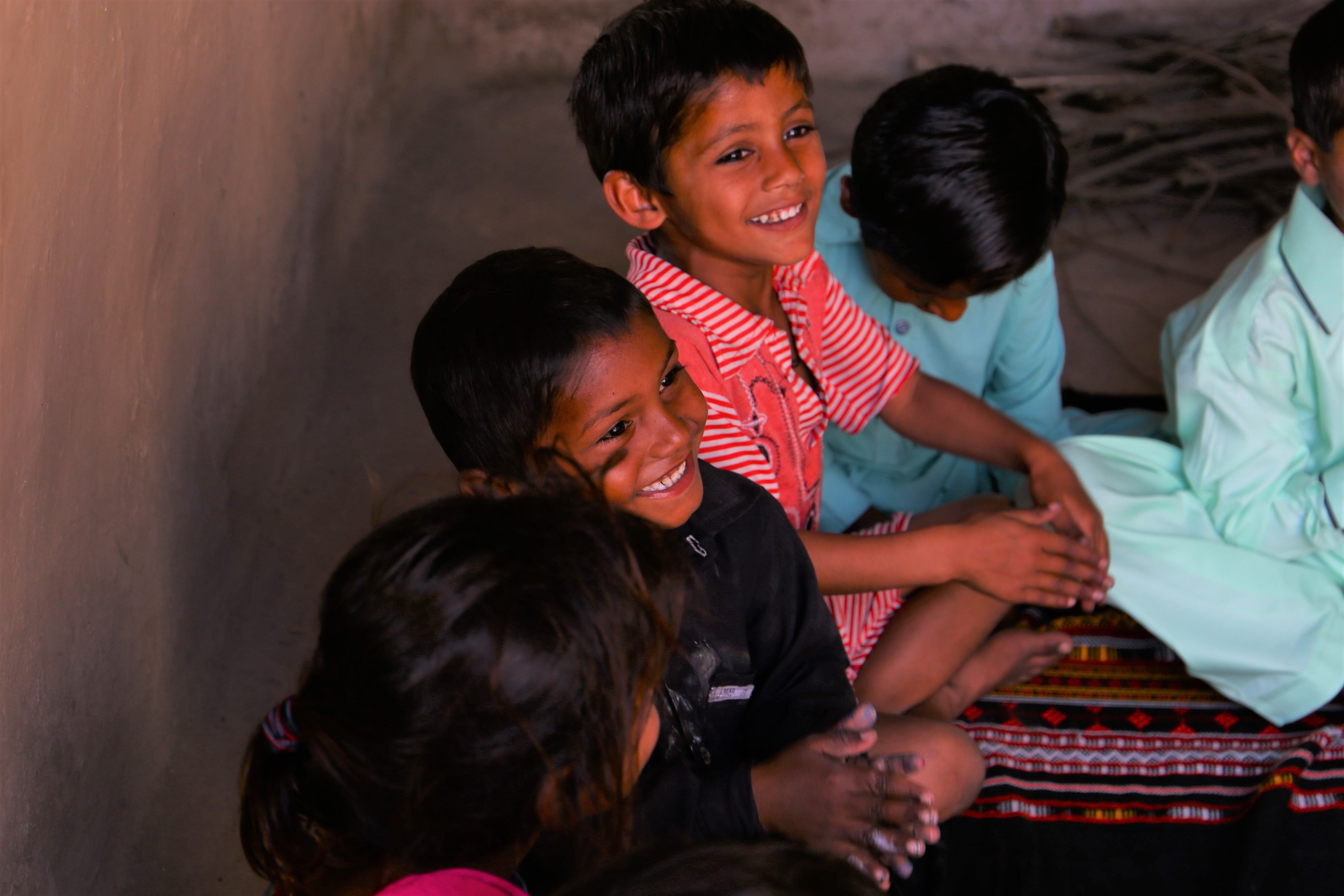
The impact and promise of LEAPS: a win-win for children, youth, and sustainable development
A randomized controlled trial of LEAPS demonstrated that, compared to the control group, children who participated in a full cycle of the program had significantly better developmental outcomes. Results from the study also indicated that the youth who participated in the program had significant improvements in ECDE-related professional skills over time. The findings from this pilot study are important as they provide key evidence of efficacy when the model is implemented with fidelity.
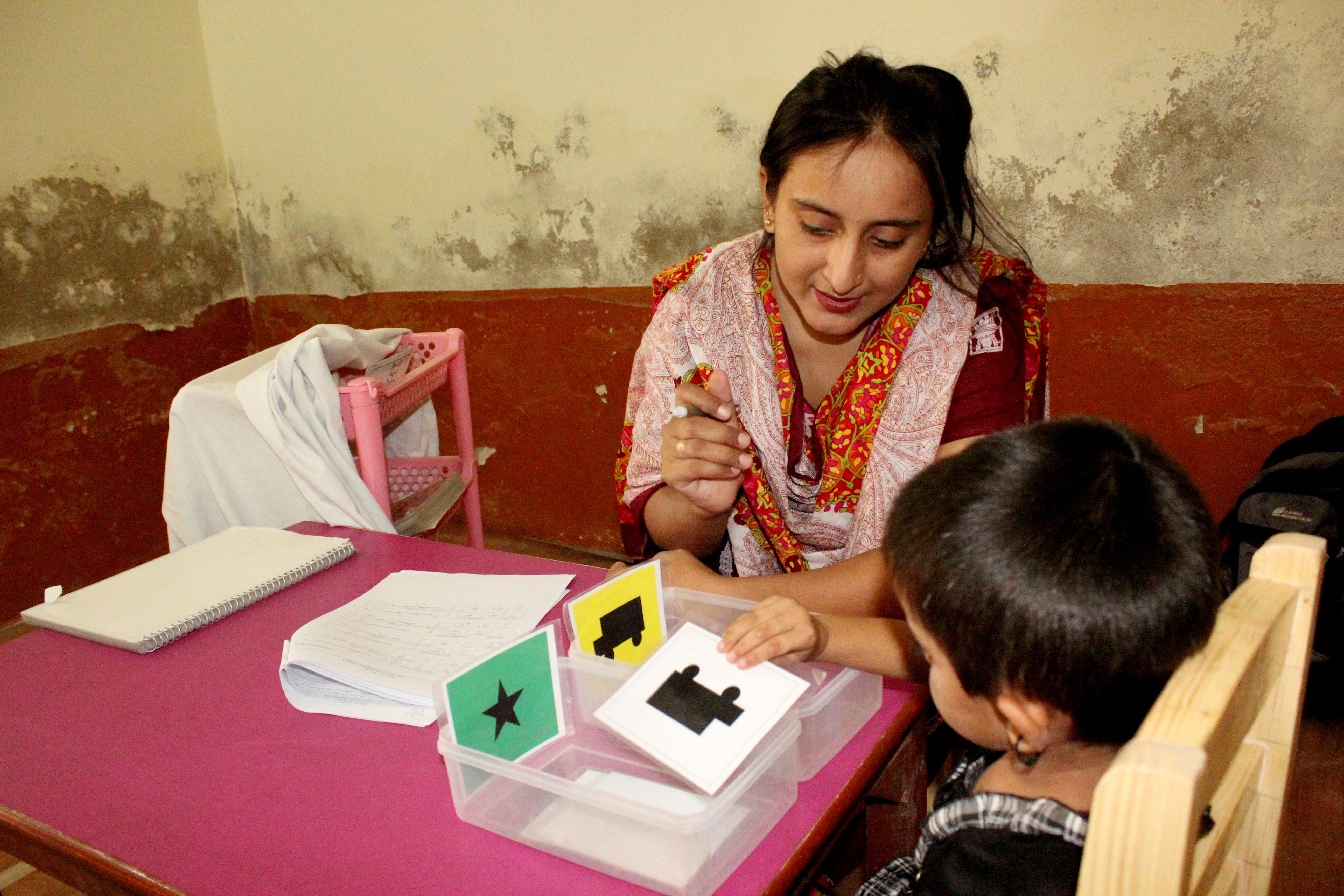
LEAPS is currently being taken to scale in Pakistan, where we are replicating the impact evaluation as well as exploring questions of systems preparedness to take-up the model sustainably. We are also beginning to explore the adaptability of the model in Colombia, where a network of Universities and representatives from the subnational government have jointly embarked on a feasibility study to determine the contextualization, viability, and policy anchors for LEAPS in target municipalities.
Cross generational models for programming offer unique opportunities to capitalize on sensitive periods of human development and can concomitantly contribute to achieving Goals 4 (Quality Education), 8 (Decent Work and Economic Growth), and 16 (Peace and Justice) of the Sustainable Development Goals. Youth-led programs may address ECDE workforce gaps while capitalizing in the untapped youth development, leadership, and labor market potential. LEAPS addresses human development from a true life-course perspective. By aiming to promote the wellbeing of the youth, who are also the future parents, we believe LEAPS holds great promise to address systemic inequity and help overcome the sustainable development challenge globally.
